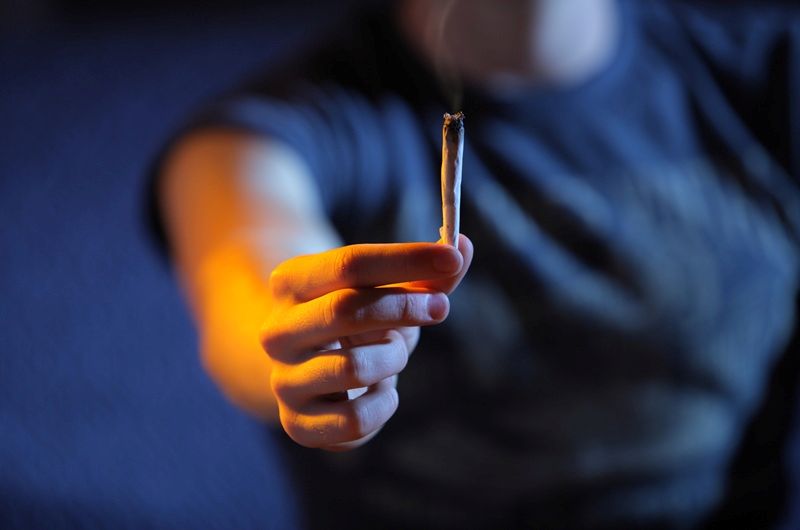
Being charged with drug possession in Fairfax County can be life-altering. Virginia has strict laws that carry severe penalties, including...

Being charged with drug possession in Fairfax County can be life-altering. Virginia has strict laws that carry severe penalties, including...

Drug-related offenses carry serious consequences in Virginia, but not all charges are the same. Some involve minor possession, while others...
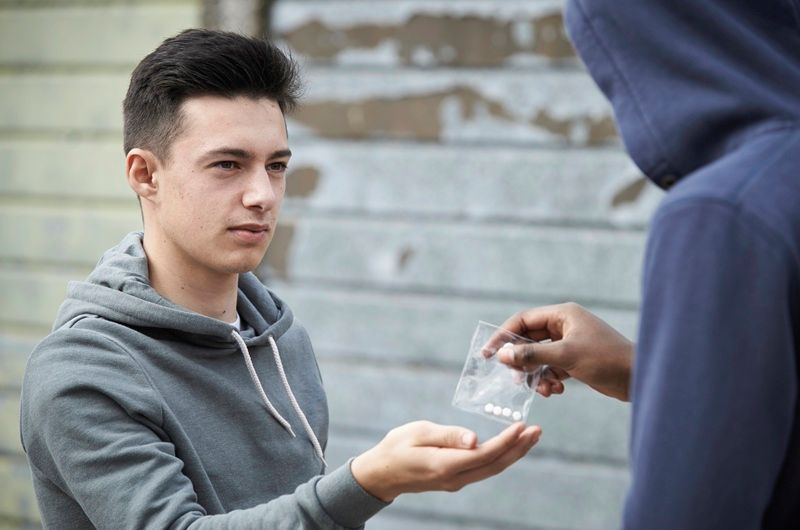
Getting caught with illegal substances in Fairfax County can turn your life upside down. Virginia law takes drug possession seriously,...
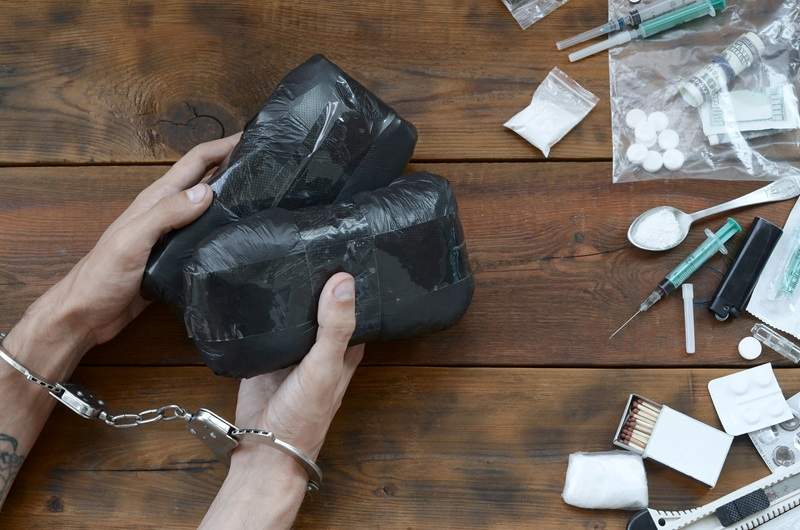
Facing drug-related allegations in Virginia can be challenging, especially when you don’t know what to expect. The state divides controlled...
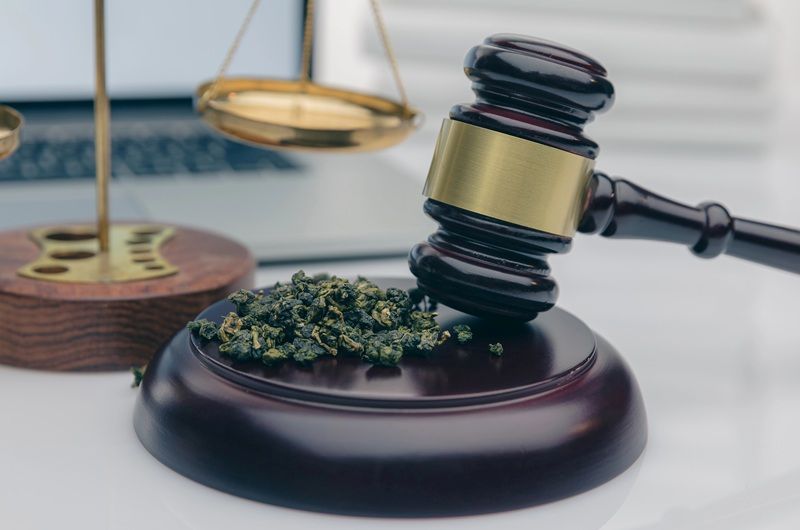
Being accused of drug trafficking in Fairfax County, Virginia, is a serious matter that can change your life forever. The...

Facing drug possession charges in Fairfax County, Virginia, can be formidable. The legal system is complex, and the consequences of...

Underage drug possession charges in Fairfax County can lead to serious consequences, including fines, license suspensions, and a criminal record....
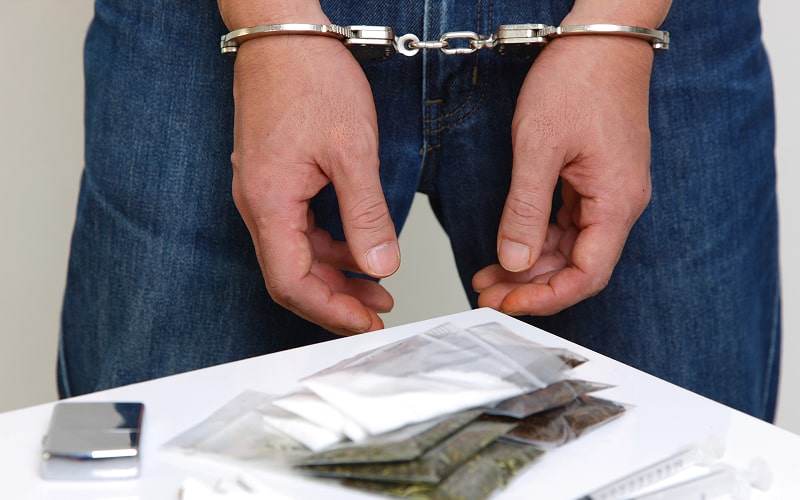
Facing a drug paraphernalia charge in Fairfax County can be stressful and confusing. The consequences can affect your future, so...
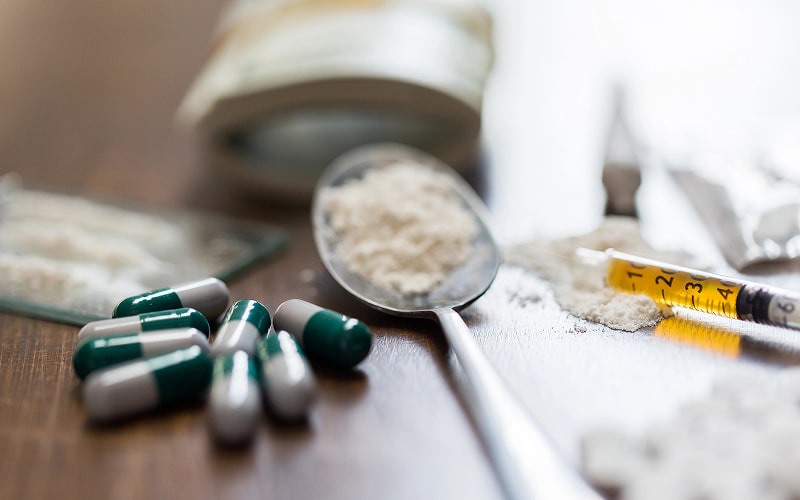
Prescription drug abuse and trafficking are growing concerns in Fairfax County, Virginia, leading to serious legal consequences. Law enforcement and...
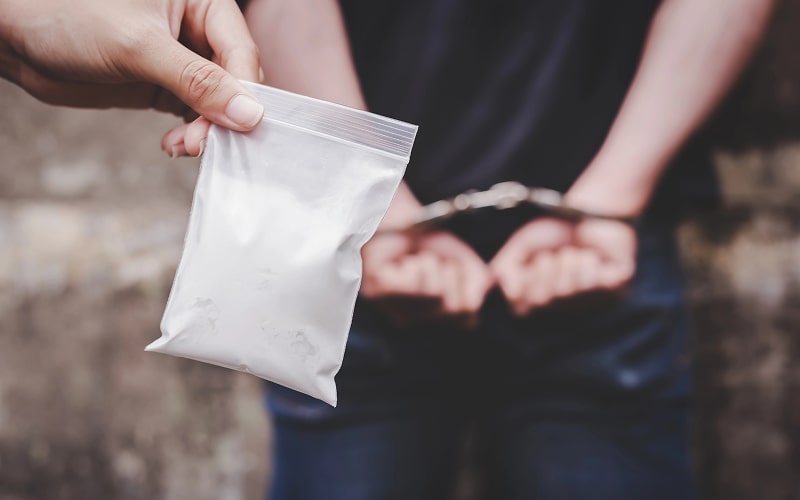
Being charged with cocaine possession or trafficking in Fairfax County, Virginia, is a serious matter. The state’s strict drug laws...
Most Recent Posts
Categories
Tags

We are on a a mission at Fairfax County Criminal Attorneys to provide exceptional services and client satisfaction.

Gain Peace Of Mind & Protect Your Future With The Powerful & Compassionate Representation Of Fairfax County Criminal Attorneys!
Services
Copyright © 2025 Fairfax County Criminal Attorneys – All Rights Reserved.